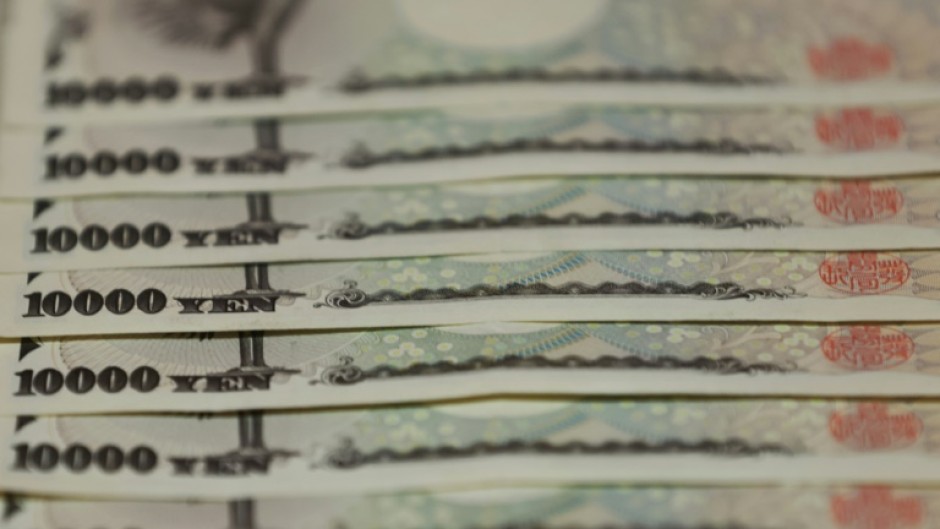Stock markets were mixed on Friday while oil prices surged on worries the Israel-Hamas conflict could impact supplies in the crude-rich Middle East.
European gas prices reached the highest levels since February.
Energi Danmark analysts said a recent pipeline sabotage in the Baltic Sea added to "geopolitical uncertainty" in the wake of the Israel-Hamas conflict.
Helsinki believes last weekend's leak in the Finland-Estonia gas pipeline was caused by "external" activity, sparking suspicions of Russian involvement.
While European markets were mostly down, Wall Street stocks rose in early trading Friday as investors digested positive bank earnings and a central bank official's comments that interest rates could remain steady if data trends continue.
Major US banks are in focus, said CFRA chief investment strategist Sam Stovall.
He told AFP that "JPMorgan and Wells Fargo set an encouraging pace" with better earnings and revenues than expected.
Early Friday, JPMorgan Chase reported another highly profitable quarter although the bank warned inflation could persist.
Recent Middle East turmoil means this "may be the most dangerous time the world has seen in decades", said JPMorgan Chief Executive Jamie Dimon.
JPMorgan shares rose 4.3 percent while those of Wells Fargo were lifted 3.7 percent.
Analysts are also closely watching developments in the Middle East, amid worries that the conflict between Israel and Hamas could broaden.
Stock markets had enjoyed a fruitful few days since last week's US jobs report suggested the world's top economy remained resilient but was not too strong to warrant more central bank tightening to tame prices.
However, the mood darkened Thursday on data showing the US consumer prices index rose slightly more than expected in September, highlighting the tough work still to do in the battle against inflation.
In Asia on Friday, the Hong Kong stock market tumbled more than two percent, dragged by hefty selling in the tech sector, having enjoyed a strong run this week on hopes for more government support for the economy and struggling mainland markets.
There was little reaction to data showing a slight improvement in Chinese exports and imports, while inflation came in flat for September.
Currency traders were keeping a close eye on the yen as the dollar pushed towards 150 after the US inflation reading. Japanese officials warned they were watching for any extreme moves and primed for intervention.
Analysts said traders were worried about selling the yen too far in case Tokyo did step in to support the unit.
"Close attention is being paid to the 150 level," said Yuta Suzuki, of MUFG Bank. "Investors probably don't want to buy dollar-yen above 150 primarily because of concerns about intervention."

